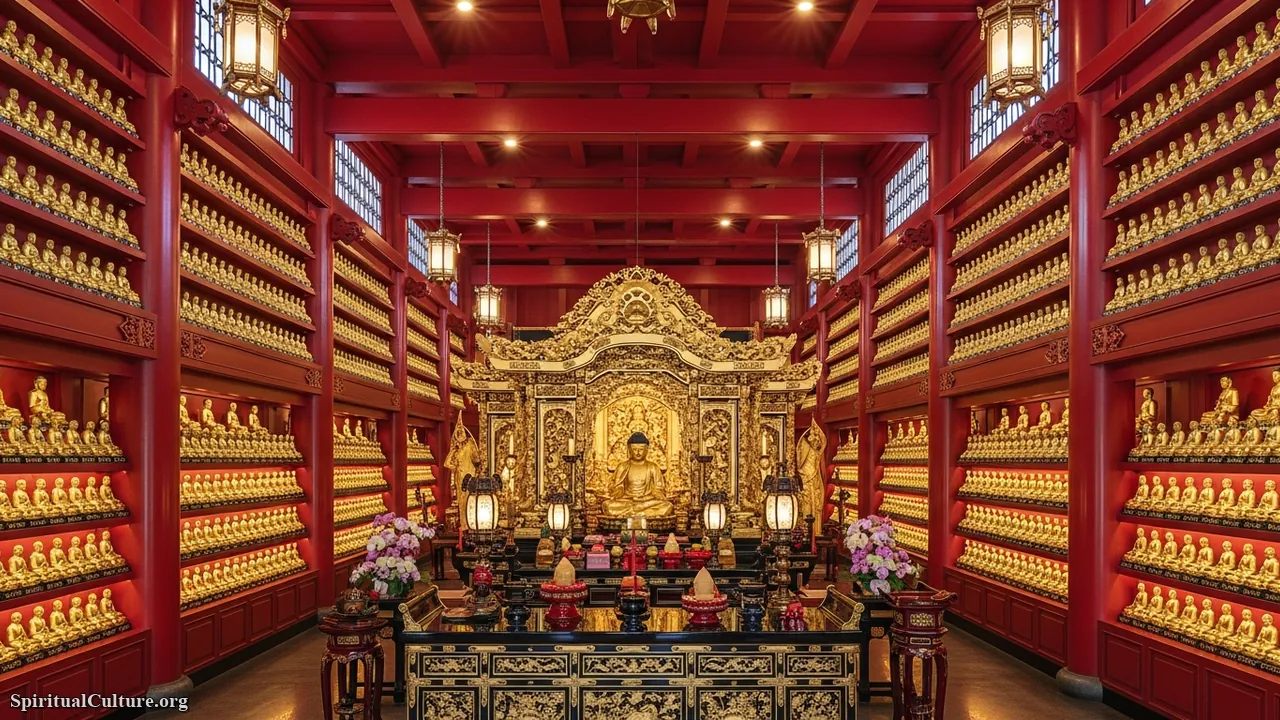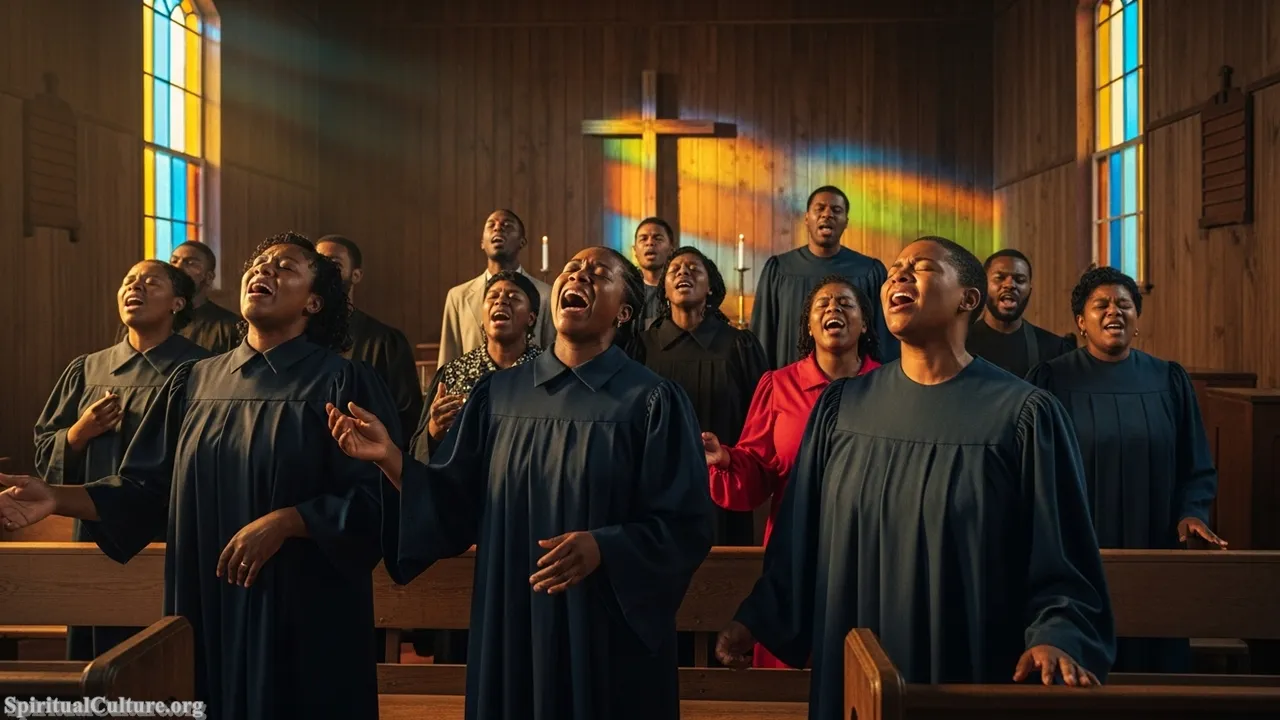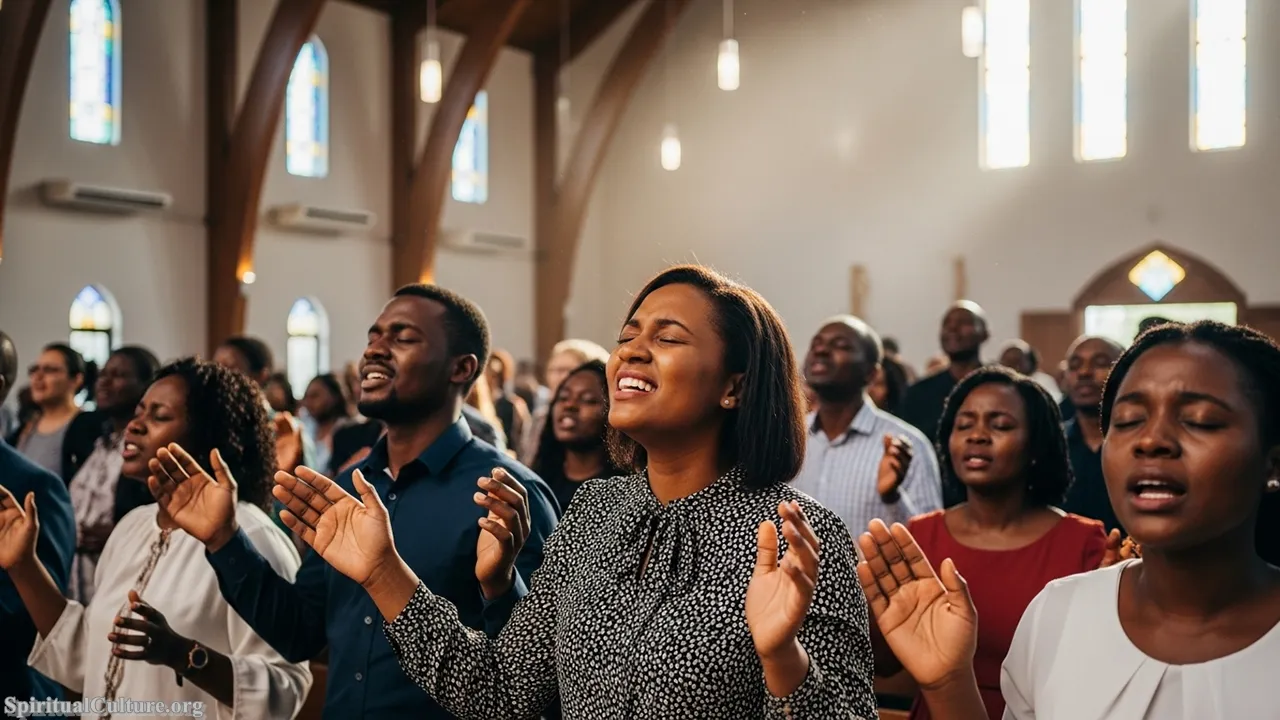Throughout human history, rites of passage have served as spiritual landmarks — guiding individuals through life’s great transitions with reverence, meaning, and community witness. From birth to death, these ceremonies are not merely cultural customs; they are sacred thresholds, often infused with the divine, where the human soul is seen, shaped, and sanctified.
As Spiritual Culture, we invite you to explore this timeless phenomenon — the spiritual rites of passage across cultures — and uncover how humanity, in its diversity, has sought to make life’s most vulnerable moments holy. This article will journey through ancient rituals and modern revivals, revealing how such rites echo the universal longing for belonging, transformation, and transcendence.
Whether we are naming a child, coming of age, marrying, or mourning the dead, these ceremonies remind us that life is not meant to be walked alone — and that every transition is a potential encounter with the sacred.
Birth and Naming: Inviting the Soul into the World
Across traditions, the moment of birth is more than biological; it is spiritual.
The Soul’s Arrival in Hindu Tradition
In Hinduism, Jatakarma is performed immediately after birth, welcoming the infant into life with whispered mantras and honey-touched lips — symbolizing sweetness and divine speech. The Namakarana, or naming ceremony, follows on the 11th or 12th day, marking the child’s social and spiritual identity.
“The name is the essence of the person,” declares the Upanishads. It is not just a label, but a vibration that carries destiny.
Baptism and Christian Blessings
In many Christian denominations, infant baptism or dedication signifies the child being received into God’s covenant. Through water and prayer, the soul is entrusted to divine grace.
“Let the little children come to me… for the kingdom of God belongs to such as these.” (Mark 10:14)
Indigenous Welcomings
Among Native American communities, birth rituals often involve smoke ceremonies, ancestor blessings, and nature dedications, honoring the new life as both individual and communal spirit — connected to land, lineage, and the Great Spirit.
Coming of Age: Crossing Into Identity and Responsibility
The journey into adulthood is universally marked with gravity and celebration — acknowledging both physical maturity and spiritual initiation.
Bar/Bat Mitzvah in Judaism
At age 13 for boys and 12 for girls, Jewish youth become responsible for observing the mitzvot (commandments). A Bar/Bat Mitzvah is not just a party — it is a spiritual coming-of-age.
“Today you are a man/woman” reflects a sacred shift: no longer a child before God, but a moral agent in the covenant.
Christian Confirmation
In Catholic and many Protestant traditions, Confirmation is a rite where young believers affirm their faith and receive the Holy Spirit. It marks the deepening of personal conviction and community belonging.
Vision Quests and Indigenous Trials
For many Indigenous cultures, adolescence is marked by vision quests, solo wilderness retreats, or symbolic tests. The youth seeks divine guidance through solitude, fasting, or dreams — returning with a story and a new name.
These rituals are not about becoming someone new — but about remembering who you are meant to be.
Seijin no Hi – Japan’s Coming of Age Day
In Japan, Seijin no Hi honors those turning 20 — the age of legal adulthood. With traditional clothing and formal ceremonies, the transition is dignified, linking personal growth with national heritage.
Marriage: Union as Sacred Covenant
Marriage rites across cultures express a profound spiritual reality — the joining not just of two bodies, but two souls, destinies, and divine purposes.
Hindu Vivaha
In Hinduism, marriage is samskara — a sacred purification rite. The couple circles the sacred fire seven times, making vows to dharma (duty), artha (prosperity), kama (desire), and moksha (liberation).
Each step is a prayer: “With you, I shall walk. With you, I shall dream. With you, I shall grow old.”
Catholic Sacrament of Matrimony
In Catholicism, marriage is a sacrament — a visible sign of divine grace. The couple’s vows mirror Christ’s love for the Church: self-giving, faithful, and lifelong.
“What God has joined together, let no one separate.” (Matthew 19:6)
Islamic Nikah
In Islam, Nikah is both a legal contract and spiritual bond. With witnesses, prayers, and a khutbah (sermon), the union becomes a fulfillment of faith.
“And among His signs is this: that He created for you spouses… that you may find tranquility in them.” (Qur’an 30:21)
African Tribal Marriages
Many African traditions involve libation rituals, ancestor blessings, and bride price ceremonies, linking marriage to family honor, ancestral continuity, and spiritual responsibility.
Death and Mourning: The Soul’s Final Passage
Death is not the end, but a sacred threshold. Across faiths, funerals are both farewells and invocations — acts of release and remembrance.
Buddhist Funerary Rites
In Tibetan Buddhism, the Bardo Thödol (Tibetan Book of the Dead) guides the soul through intermediate realms. Rituals like sky burial return the body to nature, symbolizing impermanence and compassion.
“This body is not me,” teaches Thich Nhat Hanh. “I am life without boundaries.”
Catholic Requiem and Prayer for the Dead
Catholic tradition offers Requiem Masses, incense, and solemn chants — entrusting the soul to God’s mercy and the communion of saints.
“Eternal rest grant unto them, O Lord, and let perpetual light shine upon them.”
Hindu Antyesti (Last Rites)
In Hinduism, cremation releases the soul (atman) from the body. The antyesti includes mantras, offerings, and the lighting of the pyre by the eldest son — an act of both duty and devotion.
The Bhagavad Gita assures: “The soul is neither born nor dies… it merely passes to another dwelling.” (2:20)
Islamic Janazah
Islamic funerals emphasize humility and speed. The Janazah prayer, ritual washing (ghusl), and burial within 24 hours reflect submission to Allah’s will and preparation for the afterlife.
“To Allah we belong and to Him we return.” (Qur’an 2:156)
Modern Rites and the Search for Meaning
In an age of spiritual seeking and pluralism, many are reclaiming or reimagining rites of passage:
Birth Blessings and Baby Namings
Interfaith families or secular spiritual seekers now create hybrid naming ceremonies — combining poetry, ancestral homage, and gentle blessings over the newborn.
Men’s and Women’s Initiation Circles
In contemporary spiritual communities, rites of initiation are revived in wilderness retreats, sweat lodges, or communal storytelling — honoring inner growth and emotional maturity.
Divorce Ceremonies and Healing Rites
Where once there was only silent shame, new spiritual traditions offer closure rituals for divorce or loss — recognizing the need for symbolic healing and conscious transitions.
Elderhood and “Second Adulthood” Ceremonies
A growing movement honors the shift into elderhood not as decline, but as a sacred ascent — through croning rituals (for women), wisdom rites, or community anointing.
In many cultures, age is not feared — it is revered. To become an elder is to be a living archive of soul and story.
Why Rites of Passage Matter
Rites of passage matter because they anchor us in something deeper than routine or survival. They remind us:
- We are not alone in our transitions
- Our pain and joy are sacred
- Life is not a flat line, but a series of sacred thresholds
- Transformation is not just psychological — it is spiritual
As modern life accelerates and fragments, these rites become more essential, not less. They slow us down. They mark what matters. They help the soul catch up with the body.
“Without rites of passage,” wrote anthropologist Victor Turner, “there is no real transformation — only change.”
Reflect and Reimagine
What spiritual thresholds have you crossed — with ritual, or without? Have you ever longed for a deeper way to honor your life’s turning points?
This journey through spiritual rites of passage across cultures is not just historical — it is personal. Whether you were baptized, bar mitzvah’d, croned, or never ritually welcomed into a stage of life, the invitation remains open:
To slow down. To sanctify your transitions. To reclaim the sacred in the ordinary.
At Spiritual Culture, we believe every human life is a spiritual story unfolding — worthy of reverence, ritual, and renewal.
And maybe now is the moment to mark a new beginning — with presence, with meaning, with spirit.



